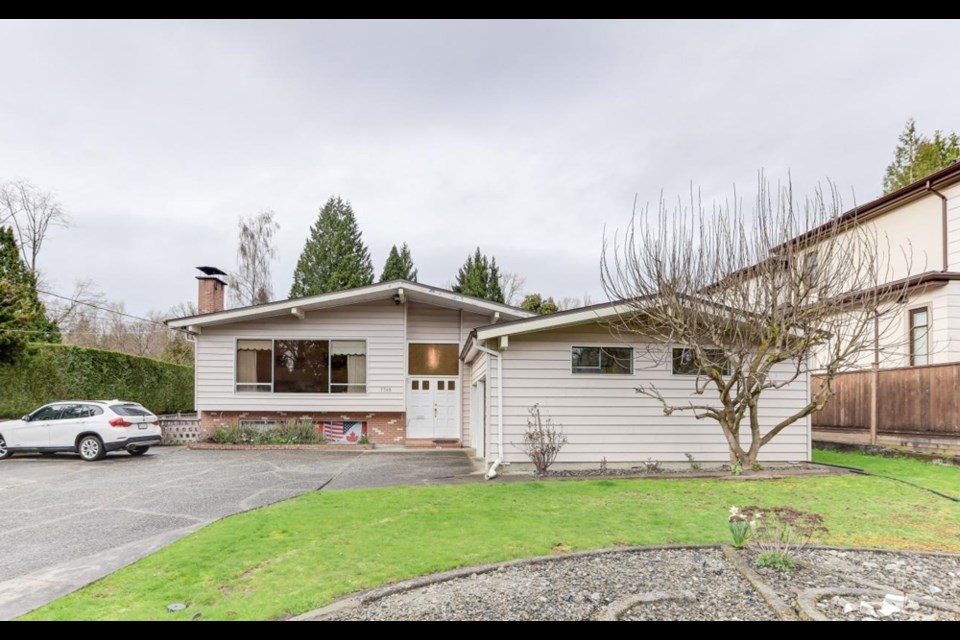How much is a neighbourhood worth to you?
That’s a question worth asking in today’s hot Burnaby real estate market when you compare and contrast two recent listings.
One house is 55 years old, 2,800 square feet, and priced at $4 million.
The second house is only six years old, 5,000 square feet, and priced at $3,880,000.
The question is why such an old and small house is priced $120,000 more than a big modern house that has exquisite marble floors throughout the house? (You can scroll through the photos above to see the differences.)
Could it be the neighbourhoods they are located in?
The older house is on Government Road in a prestigious area that’s just down the street from the mansion owned by Burnaby superstar Michael Bublé. The modern house is in the Royal Oak area.
The listing even uses the word “prestigious” to describe Government Road, which is filled with pricey houses. Many of the houses are old, but there has been a spate of new builds after the older homes were torn down. Is $4 million too much to pay for a teardown, or is this neighbourhood where people with loads of cash do that sort of thing?
If you're looking for teardown, houses that are more than 50 years old on large lots are mostly selling for $2 million in Burnaby.
There might be another factor at play. The older home does have a much larger lot at 16,000 square feet, which is more than twice the size of the lot in Royal Oak. That’s a lot of land to build a new house, even for $4 million.
The Real Estate Board of Greater Vancouver's monthly report for March shows that two out of three Burnaby areas surpassed the $2 million mark for a benchmark price last month.
Burnaby South currently sits at a benchmark price of $2,067,100 (+4.2% in one month) while Burnaby North was at $2,021,400 (+4.9% in one month).
Burnaby East stayed under $2 million at $1,776,300 (+2.7% in one month).
Meanwhile, a forecast published by the Canada Mortgage and Housing Corporation noted that, despite the expected moderation in prices and the number of sales throughout Canada, costs growth will continue to outpace income growth in several major cities – placing “greater pressure on the affordability of home ownership.”
“Improving levels of employment and immigration are expected to be key factors, as the impact of pandemic restrictions continues to recede,” said CMHC chief economist Bob Dugan in a statement about sales, prices and housing starts remaining elevated in 2022. “In 2023 and 2024, the growth in prices will trend closer to long-run averages, with sales and starts activity expected to remain above 5- and 10-year averages.”
The report paints the same picture for Metro Vancouver, Canada’s most expensive real estate market. According to the CMHC outlook, price growth of homes should slow down this year from the blistering pace seen in 2020 and 2021 – but immigration-driven demand and rising debt servicing costs will lead to a worsening of affordability.
CMHC projects the growth rate of home prices in the Greater 麻豆传媒映画region will not continue on its double-digit rate beyond Q1 2022, and the rate of growth in prices will actually fall to below 5% year-over-year by 2023.
With files from Jess Balzer and the Canadian Press
Follow Chris Campbell on Twitter @shinebox44.



